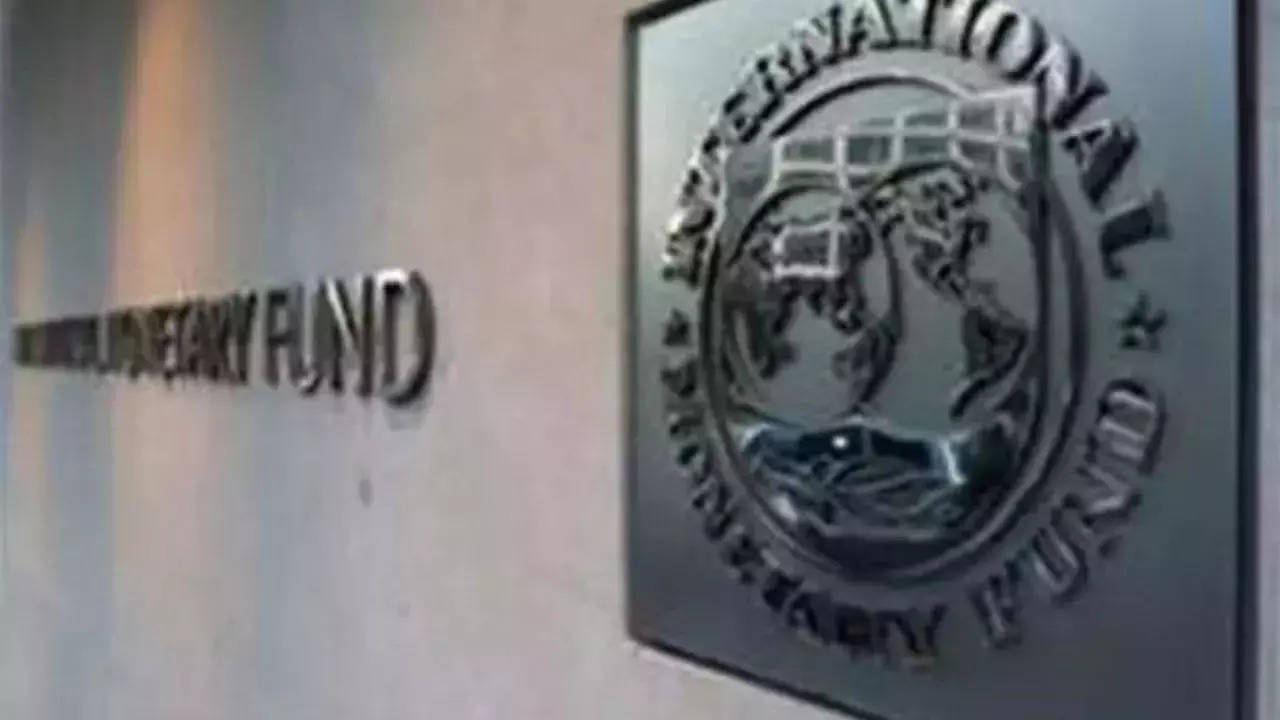Pakistan and the international monetary fund (IMF) reached a staff-level agreement over a 3-year extended fund facility arrangement of about $7 billion, a sigh of relief to Islamabad.
In a statement, the IMF said, “Building on the economic stability achieved under the 2023 Stand-by Arrangement (SBA), IMF staff and the Pakistani authorities have reached a staff-level agreement on a 37-month Extended Fund Facility Arrangement (EFF) of about USD 7 billion.”
The lender further stated that this programme aims to support the authorities’ efforts to cement macroeconomic stability and create conditions for stronger, more inclusive, and resilient growth in the cash-strapped country.
“The new program includes steps to strengthen fiscal and monetary policy and reforms to broaden the tax base, improve State Owned Enterprises’ (SOE) management, strengthen competition, secure a level playing field for investment, enhance human capital, and scale up social protection through increased generosity and coverage in the Benazir Income Support Program (BISP),” the statement read.
Pakistan, which was already suffering from financial issue, the Ukraine war fuelled the economy issue as it had impacted the inflation.
With its foreign currency reserves dwindling, Pakistan found itself in a debt crisis and was forced to turn to the IMF, obtaining its first emergency loan in the summer of 2023.
The latest bailout is contingent upon the government’s commitment to implement reforms, particularly broadening the country’s tax base. Despite a population of over 240 million, only 5.2 million filed income tax returns in 2022, AFP reported.
The government aims to raise nearly $46 billion in taxes during the 2024-25 fiscal year, a 40 percent increase from the previous year. As part of this effort, the tax authority recently blocked 210,000 SIM cards of users who have not filed tax returns.
Pakistan initiated discussions with the IMF for its 24th bailout in more than six decades to support its economic reform program. The World Bank warned that an additional 10 million Pakistanis might fall below the poverty line, which already affects around 40 percent of the population.
Cash-strapped country also aims to reduce its fiscal deficit to 5.9 percent in the coming year, adhering to another key IMF demand. The previous nine-month $3 billion IMF deal provided a lifeline but came with unpopular austerity measures, including the removal of subsidies that cushioned consumer costs, reported AFP.
Despite a slight recovery in the current account balance and a gradual decrease in high inflation, Pakistan’s foreign debt remains substantial at $242 billion. Servicing this debt will consume half of the government’s income in 2024, according to the IMF. The Fund anticipates two percent growth this year, with inflation expected to reach nearly 25 percent year-on-year before gradually declining in 2025 and 2026.
In a statement, the IMF said, “Building on the economic stability achieved under the 2023 Stand-by Arrangement (SBA), IMF staff and the Pakistani authorities have reached a staff-level agreement on a 37-month Extended Fund Facility Arrangement (EFF) of about USD 7 billion.”
The lender further stated that this programme aims to support the authorities’ efforts to cement macroeconomic stability and create conditions for stronger, more inclusive, and resilient growth in the cash-strapped country.
“The new program includes steps to strengthen fiscal and monetary policy and reforms to broaden the tax base, improve State Owned Enterprises’ (SOE) management, strengthen competition, secure a level playing field for investment, enhance human capital, and scale up social protection through increased generosity and coverage in the Benazir Income Support Program (BISP),” the statement read.
Pakistan, which was already suffering from financial issue, the Ukraine war fuelled the economy issue as it had impacted the inflation.
With its foreign currency reserves dwindling, Pakistan found itself in a debt crisis and was forced to turn to the IMF, obtaining its first emergency loan in the summer of 2023.
The latest bailout is contingent upon the government’s commitment to implement reforms, particularly broadening the country’s tax base. Despite a population of over 240 million, only 5.2 million filed income tax returns in 2022, AFP reported.
The government aims to raise nearly $46 billion in taxes during the 2024-25 fiscal year, a 40 percent increase from the previous year. As part of this effort, the tax authority recently blocked 210,000 SIM cards of users who have not filed tax returns.
Pakistan initiated discussions with the IMF for its 24th bailout in more than six decades to support its economic reform program. The World Bank warned that an additional 10 million Pakistanis might fall below the poverty line, which already affects around 40 percent of the population.
Cash-strapped country also aims to reduce its fiscal deficit to 5.9 percent in the coming year, adhering to another key IMF demand. The previous nine-month $3 billion IMF deal provided a lifeline but came with unpopular austerity measures, including the removal of subsidies that cushioned consumer costs, reported AFP.
Despite a slight recovery in the current account balance and a gradual decrease in high inflation, Pakistan’s foreign debt remains substantial at $242 billion. Servicing this debt will consume half of the government’s income in 2024, according to the IMF. The Fund anticipates two percent growth this year, with inflation expected to reach nearly 25 percent year-on-year before gradually declining in 2025 and 2026.
